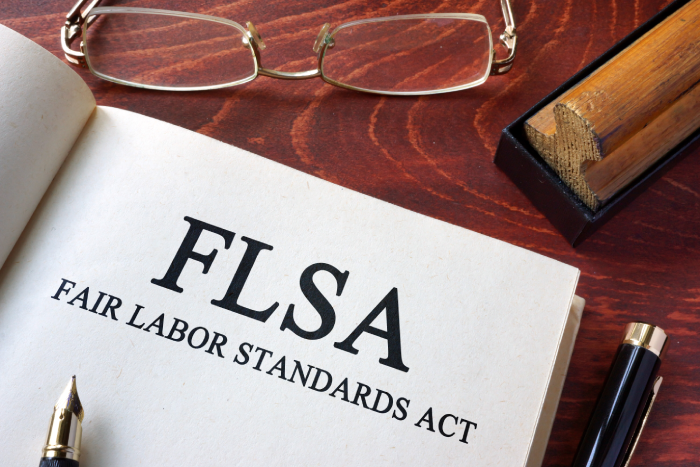Good news: The U.S. Department of Labor's (DOL) new rule requiring home health-care workers employed by “third party” health care agencies to be paid overtime and minimum wages goes into effect and has force of law starting on January 1, 2015.
However, the DOL recently announced it will not enforce the rule providing overtime and minimum wage rights, under the Fair Labor Standards Act, until July 1, 2015, and afterwards, according to a press release, “An Announcement Concerning the Home Care Final Rule.”
The DOL has decided to delay enforcement for six months to permit more time for states and employers to transition pay policies — without disrupting home health care. While the DOL will not enforce any overtime and minimum wage violations until July 2015 and thereafter, the law’s effective date “will remain January 1, 2015.”
For a home health-care worker employed by a third party (and not by a family member), this means that they still will have a federal right to go to court if not paid overtime or minimum wage anytime on and after January 1, 2015, under the Fair Labor Standards Act (FLSA). Furthermore, a home health-care worker can seek remedies available through the state’s department of labor; in Maryland, that on-point state agency is the Department of Labor, Licensing & Regulation (DLLR).
The DOL’s regulations do not affect home health-care workers employed directly by families; these workers will continue to be exempt from FLSA rights, according to a 1974 exemption for home-based elderly companions, if that worker meets the definition of “companion work.” This is not, by itself, a simple matter; what the DOL’s new rule does, in effect, is prevent third-party employers such as health-care agencies from claiming this exemption. (See Final Rule, 29 CFR Part 552, “Executive Summary,” at p. 8)
What’s more, workers under the FLSA have two years to bring a lawsuit or file an official complaint about an FLSA violation, and in the case of “willful” violations, three years. Home-care workers can seek DOL help after July 1, 2015, for issues that occurred earlier.
Lebau & Neuworth has successfully represented live-in workers, where employers did not keep good records and also cheated workers out of their wages (see Epps v. Way of Hope, Inc., NO. SKG-09-1486; D. Md. Mem. Opp. May 18, 2010). If you feel you are owed wages, we can assess your case — give us a call.










